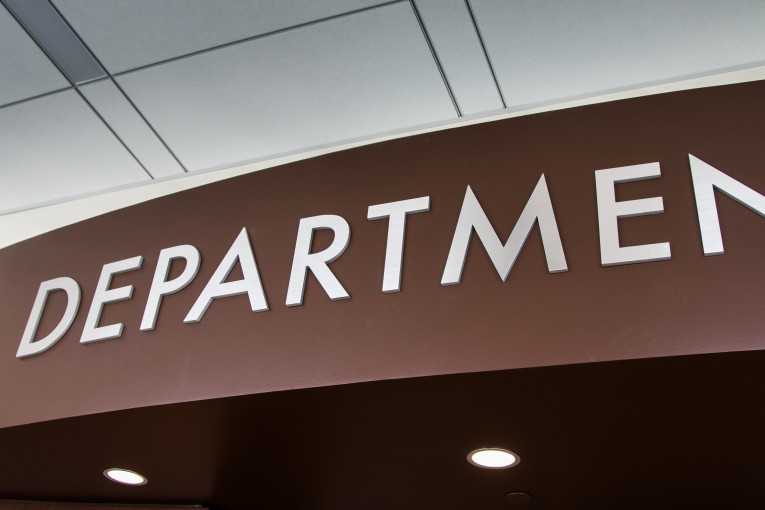
 By Sarah Gregory
By Sarah Gregory
The trial of Michael George Pedersen commenced in Yolo County Superior Court on July 18, 2016. This trial was organized following an alleged altercation between a police officer and the defendant on November 15, 2015.
The prosecutor argued that the police officer was driving in his patrol car and observed an oncoming car veering back and forth in the roadway. The officer also observed the defendant dancing on and off the curb closest to the veering vehicle. At this point, the officer decided to warn the defendant to stay on the sidewalk and back away from the road.
The defendant failed to comply, which caused the officer to stop his patrol car in front of the defendant and physically get out of his vehicle to order the defendant to remain on the sidewalk. Again, the defendant failed to comply.
The officer left his vehicle and attempted to arrest the defendant in order to save him from the veering vehicle. This is when the officer noticed the smell of marijuana emanating from the defendant. The defendant managed to escape the officer’s grip and run down the street into oncoming traffic. The officer then pursued the defendant until he finally caught up with him at a parking lot where the officer arrested him for resisting arrest.
The defense maintained that he was bullied by the officer and that he was simply minding his own business. The defendant was not on any drugs and he was most definitely not dancing on the side of the street. According to the defense, when the officer first yelled at him to stay on the sidewalk, the defendant flipped him off. Afterwards, the officer proceeded to bully the defendant.
The defendant is charged with resisting or obstructing a police officer.
The session commenced with the jury selection process conducted by Judge David Rosenberg. Each set of jurors was asked to identify themselves in terms of name, profession, and specifically if they lived with anyone who might have been in law or law enforcement, as some of the witnesses who would be called are police officers. The jurors who answered in the affirmative were dismissed due to cause.
Judge Rosenberg asked the potential jurors if they knew any of the witnesses he named. One juror admitted that he knew one of the officers who would be called, and was dismissed. Next, the judge declared that each witness should be judged by the same standards of credibility.
Both the prosecutor and defense took turns asking the jurors questions. The defense began by asking the jurors if police officers are more capable than others of telling the truth. He also asked the jurors if they would take the word of an officer over someone else.
Next, the prosecutor interviewed the potential jury. He asked the jurors who stated that they would take the word of an officer over someone else if it was because of the officer’s uniform or an officer’s individual integrity, training and experience. All of the potential jurors that gave an officer more credibility were dismissed for cause.
One of the potential jurors accidentally spoke to the correctional officer who was watching over the defendant in the hallway when the court was in recess and was dismissed because she could no longer remain unbiased.
The defense attorney began the next round of questioning with a similar train of thought. He asked the jurors if they thought a police officer was capable of lying.
The prosecutor asked if any of the potential jurors had previous interactions with law enforcement and if those experiences were positive or negative. He tended to focus on the jurors who stated that they mainly had positive interactions with law enforcement and asked them if those experiences would ultimately affect the decision they had to make when deliberating a verdict.
There were several rounds of jury selection before the final jury was selected, along with a single alternate juror. Judge Rosenberg read the pre-instructions to the jury and stated that each member is allowed to ask questions as well as take notes throughout the trial.
There was a delay in the proceedings because the prosecutor was waiting on a witness. Unfortunately, the witness could not be at court until the next day. Judge Rosenberg decided to end the day with opening statements from both parties.
The prosecutor gave his opening statement. He recounted the incident and assured the jury that everything he was telling them had been captured on the camera of the officer’s patrol car. He asked that the jury keep an open mind concerning the evidence that would be shown later on.
Next, the defense spoke to the jury. He stated that the case was about bullying and declared that the facts of the case would not match up with the testimony of the police officers.
The parties will be presenting evidence and holding closing arguments, then the case will be turned over to the jury for deliberation.